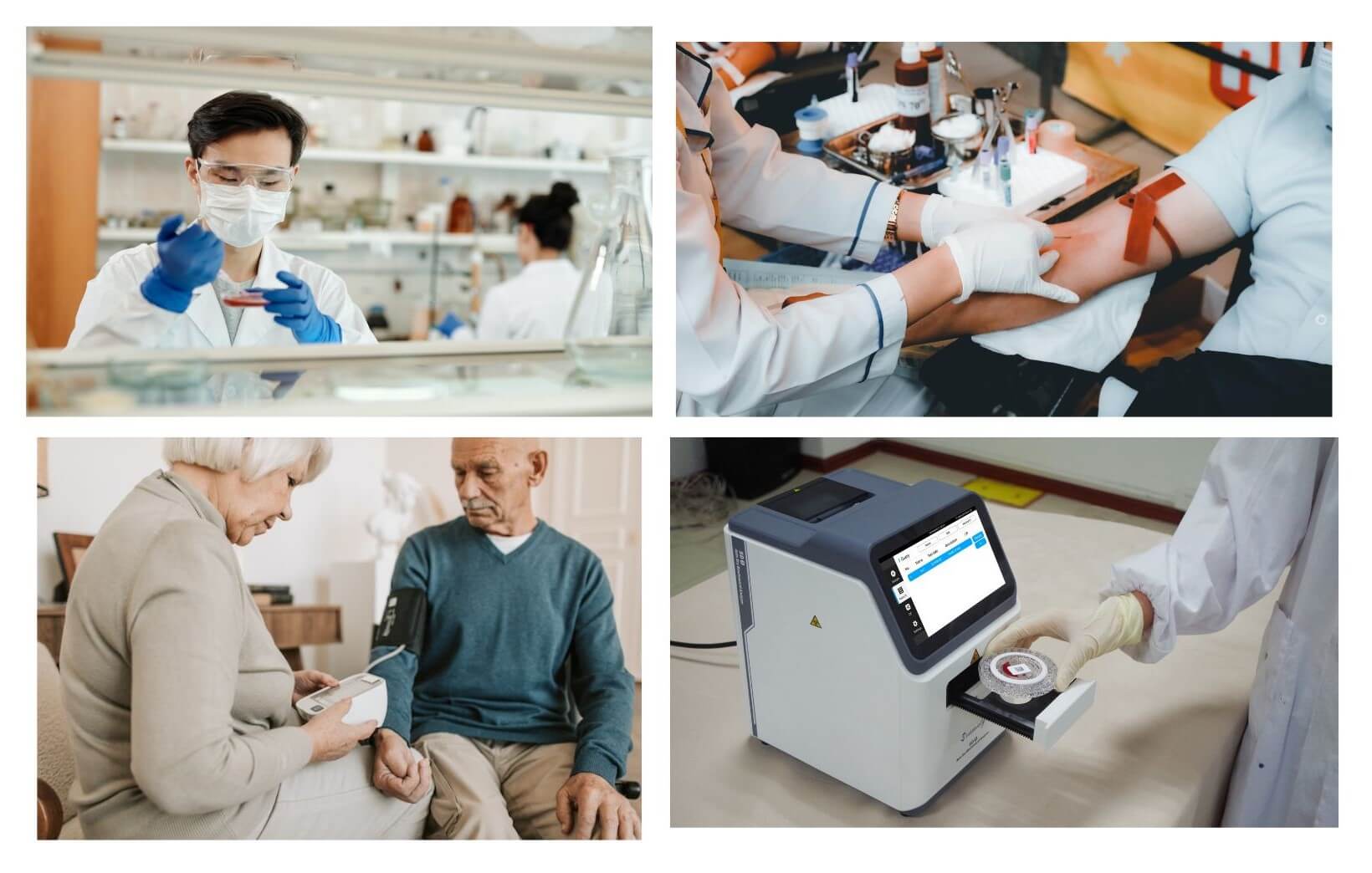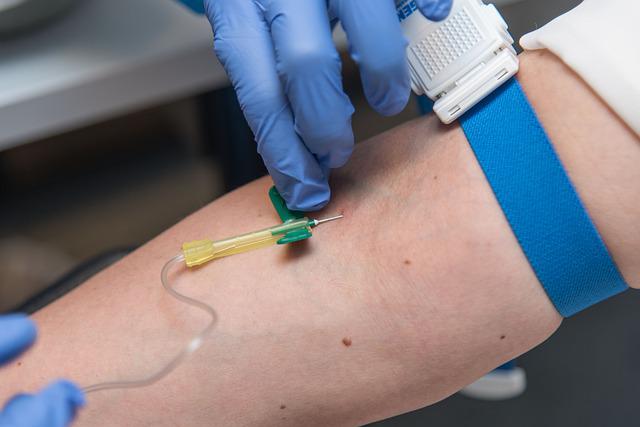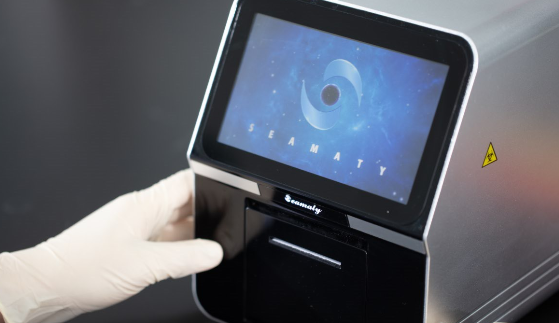release time:2023-07-12 13:48:30

Medical laboratory testing plays a crucial role in healthcare, aiding in diagnosis, treatment, and patient care. There are various types of laboratories where these tests are conducted, each serving unique purposes. In this article, we will delve into four distinct categories of medical laboratories, highlighting their functions, operations, and advantages.
Private pathology laboratories have gained prominence in recent times, conducting a significant portion of laboratory testing outside the public hospital system. These labs cater to the testing needs referred by general practitioners, private practitioners, and doctors working in private hospitals. In major cities, large private diagnostic laboratories consist of multiple specialized departments, employing a diverse range of professionals. Smaller private diagnostic labs are also present in smaller towns and handle common tests.
Hospital laboratories operate around the clock, serving emergency departments, inpatient services, outpatient clinics, and other hospital departments. These labs handle a substantial volume of samples and employ automated analyzers for efficient testing. Hospital labs are typically divided into sections based on test types, including microbiology, hematology, clinical chemistry, transfusion, and anatomical pathology.
Point-of-care testing devices are used in hospital settings and provide immediate results at the patient's location, such as bedside or in GP surgeries and clinics. These tests are convenient and offer fast results, primarily used for simple tests like biochemistry, blood glucose, and electrolyte analysis. The POCT market is evolving rapidly, with medical device manufacturers introducing portable devices for various testing purposes.
With increased emphasis on healthcare, home self-testing devices have become popular. These devices enable individuals to perform tests in the comfort of their homes. Common home self-tests include pregnancy and ovulation prediction, blood glucose monitoring for diabetes patients, and prothrombin time tests for monitoring anticoagulant medication. While home testing offers convenience and speed, adherence to proper usage guidelines is crucial to obtain accurate results. Some tests may require professional medical advice for result interpretation.
|
Type of Laboratory |
Description |
Key Features |
|
Private Laboratories |
Conduct laboratory testing outside the public hospital system. |
- Often referred by general practitioners and private doctors. - Large diagnostic labs with specialized departments. |
|
Hospital Laboratories |
Operate within hospitals, serving various departments and needs. |
- Open 24/7 to meet emergency and inpatient testing requirements. - Divided into sections (microbiology, hematology, etc.). |
|
Point-of-Care Testing (POCT) |
Perform tests at the patient's location, providing immediate results. |
- Convenient and fast tests conducted at the bedside or clinics. - Primarily used for simple tests (biochemistry, glucose, etc.). |
|
Home Testing |
Enable individuals to perform self-tests in their homes. |
- Self-tests for pregnancy, blood glucose, etc. - Convenient and accessible for monitoring and quick results. |
Medical laboratory testing encompasses various settings, each serving specific purposes in the healthcare ecosystem. Private laboratories, hospital laboratories, point-of-care testing, and home testing all play crucial roles in providing accurate and timely diagnostic information. Understanding the distinctions between these types of laboratories helps patients and healthcare professionals navigate the testing landscape effectively, promoting efficient and comprehensive patient care.

2022-04-29
The reasons and countermeasures for unqualified specimens commonly encountered by laboratory staff in taking blood specimens are summarised.

2021-10-19
Point of care testing is a rapid test performed in the presence of the patient and the person being tested. It is not necessarily performed by a specialist examiner.

2021-09-14
POCT test is a new direction. In its emergence and development, there are many areas for improvement. Such as quality control, varying levels of operator skill and clinical management is not perfect.